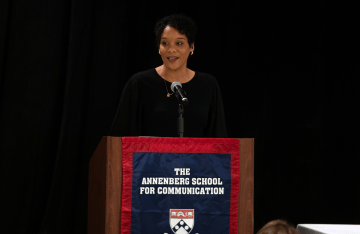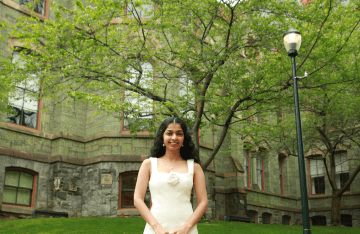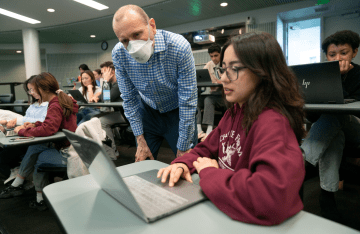Undergrads Make Meaning Out of Memes
COMM 384 gives students the opportunity to explore the relationship between internet memes and society at large.
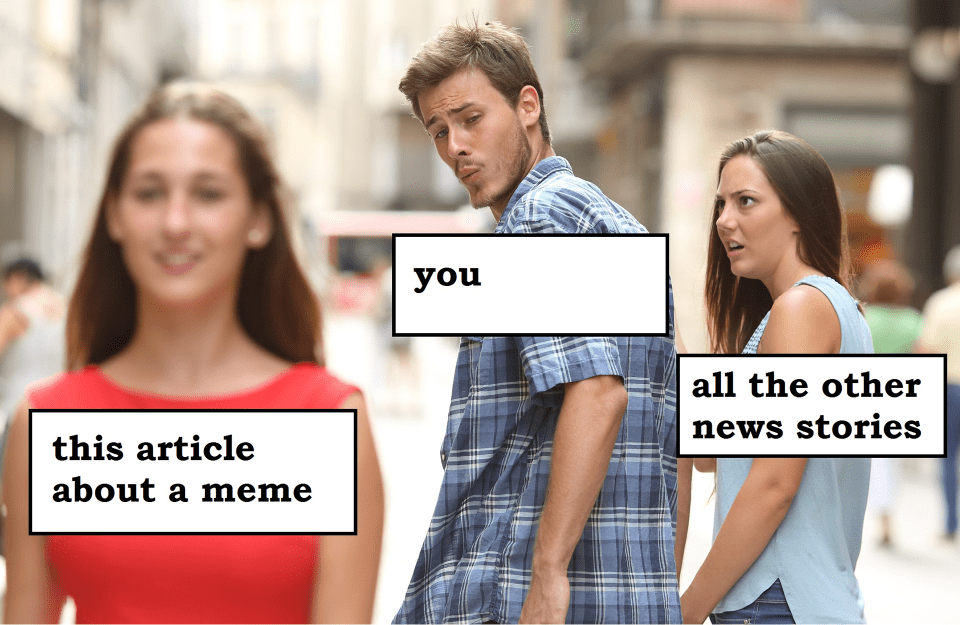
Photo Credit: Original photo by Antonio Guillem
If you’ve been on the internet at any point in the last decade — and you’re on it right now! — you’ve come across your fair share of memes. They often make us laugh and tap into our innermost thoughts and reactions. But what does this online cultural phenomenon reveal about our understanding of the world?
Under the instruction of Annenberg Lecturer and Postdoctoral Fellow Samira Rajabi, undergraduate students in COMM 384: Memes, Media, and Meaning are diving into the world of memes to answer this question. The course gives students the opportunity to explore the relationship between internet memes and society at large through a field of study known as memetics. Founded by cultural theorist Richard Dawkins, memetics seeks to understand how and why culture spreads.
“Memes function based on a logic that is bigger than just those images that we know in pop culture,” says Rajabi. “They can spread and can be reappropriated to resonate with a lot of people. The class is about how to use memes and meaning to look at the media and understand identity, politics, and social issues.”

The idea of a meme often brings to mind a stock image overlayed with white text, but memes actually represent any concept or idea that is shared as participants creatively adapt and evolve media with their own experiences.
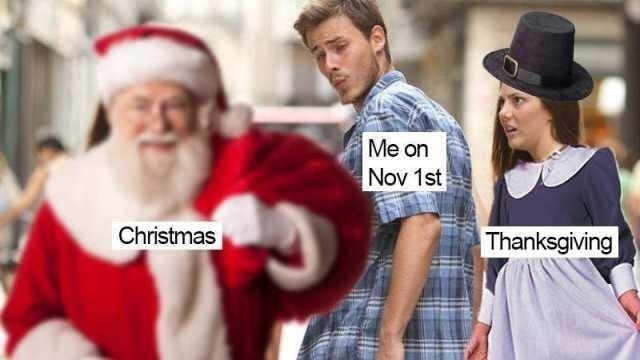
“It’s made me realize the nuances present in even the silliest memes that speak to current moments or running jokes,” says Michelle Cossette (C’19). “Through the class, I've been able to understand that memes are more than just funny pictures on the Squirrel Catching Club Facebook page [a Penn meme Facebook page]; they can be anything with a shared resonance that make some statement about current Internet or social culture.”
Students are drawing on concepts from an array of disciplines to critically engage the ideas and commentary embedded in memes. Rather than examine memes as isolated media moments, the course situates memes within broader complex media systems. This prompts students to put memes in conversation with other aspects of society including culture, politics, and the economy.
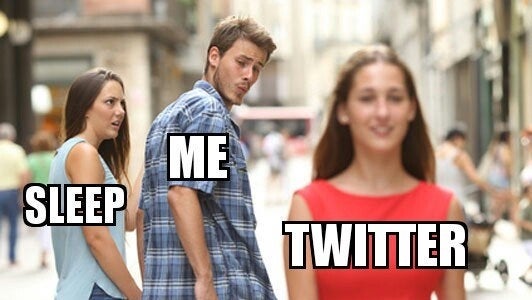
“People hear ‘memes’ and seem to automatically disregard the legitimacy of a class like this, but this course has been so crucial to my understanding of structures within our society and whose voices are represented within these structures,” says Kendra Williams (C’20).
Through a series of case studies centered on various moments in the history of memes, students are able to think more critically about the meaning that is being produced in online spaces. From Crossfit memes to the #MeToo movement, students are examining how individuals use memes to build their identities, form communities, and make sense of their experiences.
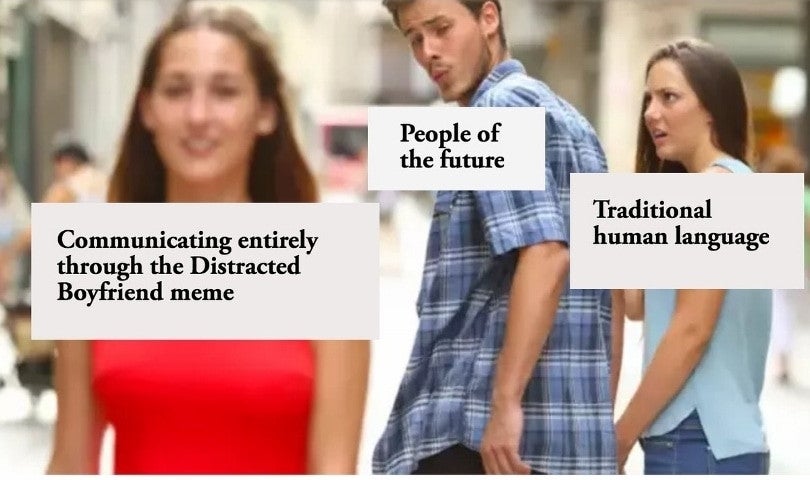
“We often think of the Internet in one corner, the economy in another corner, and politics in another corner. But that’s not the case. They're all cycling through the same society,” Rajabi says. “We have to understand how memes exist in the social world because the things we put online never just exist online. They're part of this negotiation between our bodies offline.”
Rajabi, whose research focuses on meaning making processes in digital media, is particularly interested in what this online meaning making looks like for individuals who have been through traumatic incidents.
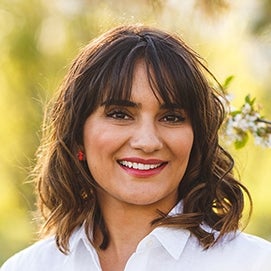
“I look at trauma because theories in trauma studies say that when a person is traumatized, all of their previous assumptions that they had about their lives breakdown,” Rajabi says. “They have to be remade and I argue one place they do that is through digital media. I think the internet offers rich spaces for meaning making, and I want to understand these spaces and what they do for people politically.”
Rajabi hopes that this course will have pushed students to adopt a more critical lens as they move throughout their online and offline experiences.
“The more savvy we are in making our media choices, the better we'll be individually and collectively in pushing things that need to be better understood in our society.”

